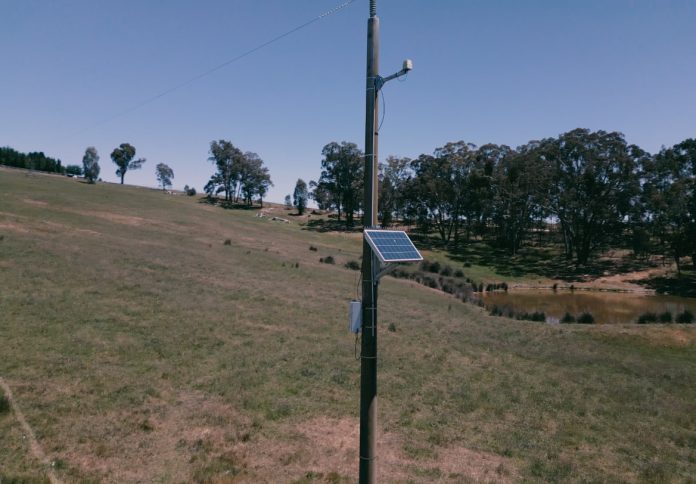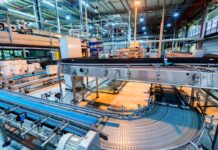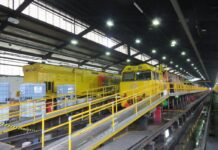
RMIT University has reported that IND Technology, a company commercialising its early fault detection (EFD) system, has established a new manufacturing hub in Richmond to support global demand for the bushfire and blackout prevention technology.
The EFD system, developed at RMIT and now deployed in the United States, Canada, New Zealand, Malaysia, and Australia, acts like a smoke alarm for power networks.
It detects faults by analysing radio frequency signals traveling along power lines, enabling 24/7 monitoring of network assets, particularly during extreme weather conditions, RMIT stated in a news release.
Professor Alan Wong, the inventor of the EFD system at RMIT and founder and CEO of IND Technology, said the new facility would generate millions of dollars in export revenue while strengthening Australia’s advanced manufacturing sector.
“We are strengthening Australia’s advanced manufacturing sector, creating high-tech local jobs and showcasing homegrown innovation,” Wong said.
According to RMIT, the EFD system—made almost entirely with Melbourne-sourced components—has already prevented more than 500 potential fires, primarily in North America.
IND Technology is now working with regulators and governments to expand its use across Victoria and the rest of Australia.
RMIT also reported that in November last year, IND Technology submitted a report to the Department of Energy, Environment and Climate Action on its FireSafe Early Fault Detection trial in rural Victoria.
Wong emphasised that aging power infrastructure continues to pose a bushfire risk, citing past disasters like the Black Saturday fires, which were linked to faults in old power lines still in use today.
Distinguished Professor Calum Drummond AO, Deputy Vice-Chancellor Research and Innovation at RMIT University, said IND Technology’s growth demonstrated RMIT’s mission to translate research into real-world impact.
“IND Technology is on a strong growth trajectory, selling 60 devices in 2020 and 4,000 in 2024,” Drummond said.
“Not only has this meant local job and wealth creation, it has also meant lives and property are being saved through the roll-out of this technology born at RMIT.”




















